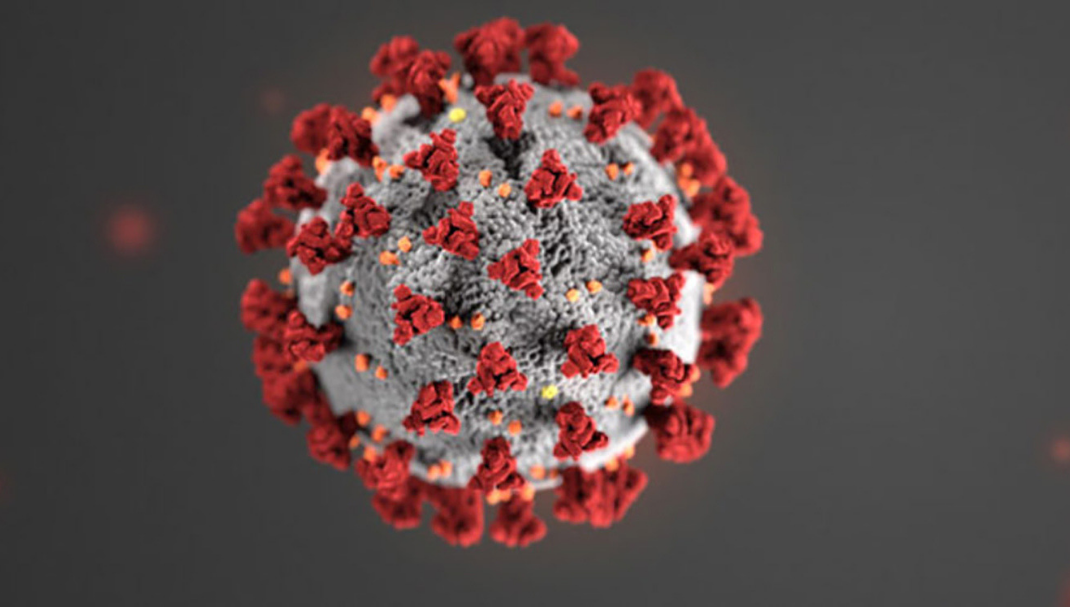John Tolley, March 27, 2020
For good and ill, the antimalarial drug hydroxychloroquine has been thrust into the national spotlight in recent weeks. It?s possible utility in treating COVID-19 has inspired reactions ranging from cautious hope to wild speculation, occasionally from the highest levels.
What is clear, though, is the need to test hydroxychloroquine?s efficacy in disabling the coronavirus in humans. To that end, the University of Minnesota Medical School recently launched the first national human trials.
Daniel Boulware, MD, MPH, a professor of Medicine in the Division of Infectious Diseases, helms the trial, along with an interdisciplinary team including infectious disease faculty physicians, biostatisticians, pharmacologists and students.
?If effective, this may become a worldwide standard of care for helping prevent disease in other healthcare workers and people exposed,? Boulware said in a press release. ?Hydroxychloroquine is an off-patent, generic medicine that is inexpensive. A five-day treatment course would cost approximately $12.?
Open to those knowingly exposed to COVID-19 in a household setting and exposed healthcare workers, the blind study investigates treatment activity in 1,500 subjects. The trial targets only those with high-risk exposure in order to expedite results. Researchers will dose half of the subjects with hydroxychloroquine, the rest with an inert vitamin tablet.
The effort to find a treatment for COVID-19 is of paramount importance as cases continue to rise dramatically across the US. With stockpiles of medical supplies and hospital beds dwindling and the prospect of a vaccine well over a year out, a treatment could help stem the tide at home and abroad.
For more information, check out the full University of Minnesota press release here or email covid19@umn.edu







 See what's coming up live on B1G+ every day of the season at BigTenPlus.com.
See what's coming up live on B1G+ every day of the season at BigTenPlus.com. 